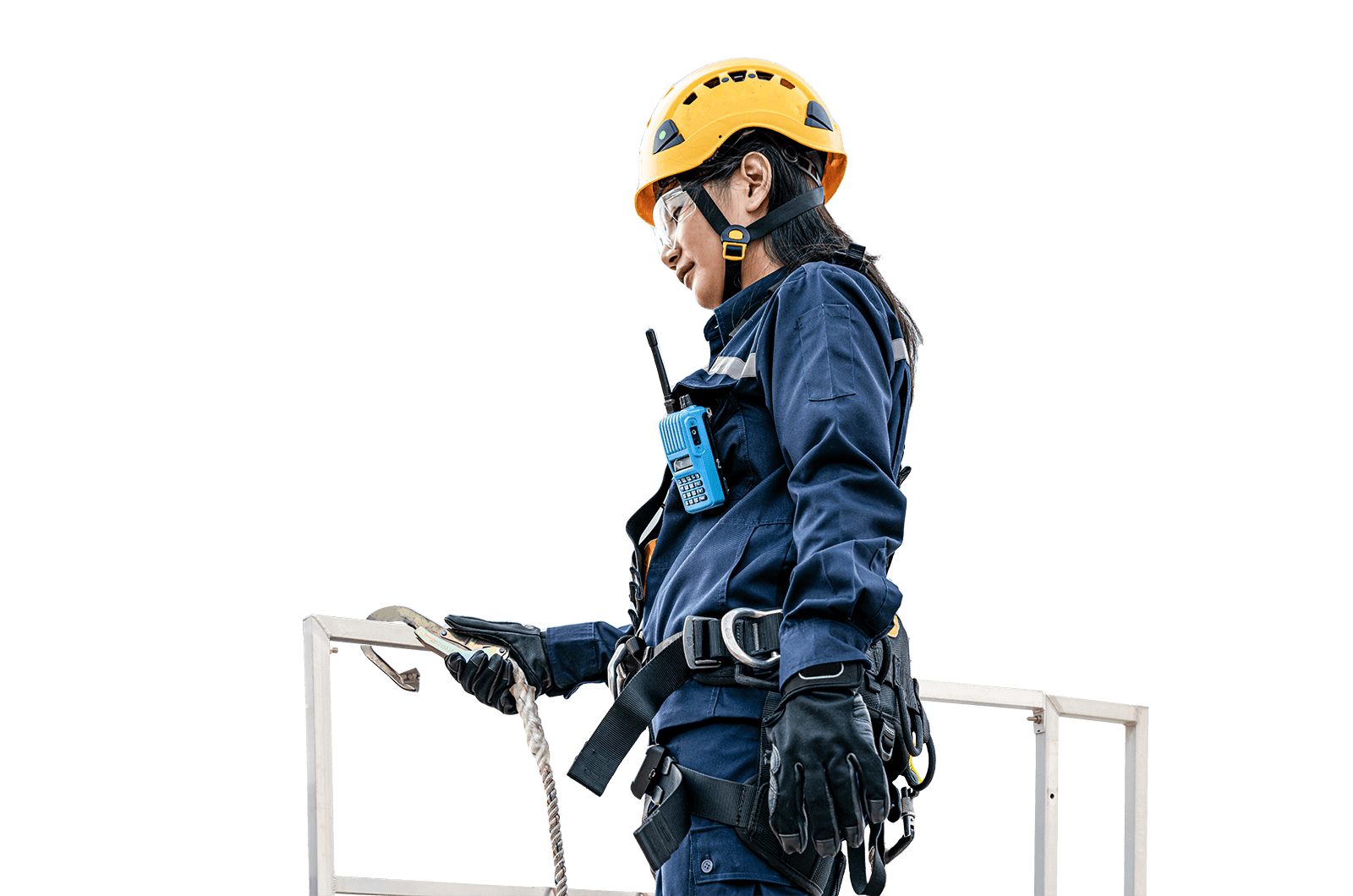Assuring components meet the highest quality standards
Since there is a constant drive for the reduction in weight, design flexibility, cost and durability, carbon fibre composites are now more than ever being used across a broad range of industries.
With the influx of these carbon fibre composites into industries, it is imperative to have quality control of the manufacturing process of these materials, and we are here to help. We help you monitor production enabling you to maintain and extend component life whilst minimising component rejection and failure.
To extend and optimize component life, we offer various techniques to aid in the quality control of the manufacturing process for fibre composites including:
- Differential Scanning Calorimetry (DSC) – testing of uncured carbon fibre composite to BS EN ISO 11357-5 to determine cure properties and enable life monitoring of raw materials prior to production. Testing of cured carbon fibre to confirm that complete cure has been achieved and to determine the Glass Transition Temperature (Tg) value
- Dynamic Mechanical Analysis (DMA) – used to measure the Tg and thermal properties of the cured product
- Optical Microscopy – used to determine the position of fibres, resin richness, dryness and porosity
- Overlap Shear Testing – employing the latest Instron 30kN equipment to test the properties of the adhesives used to bond metallic materials to the composites following BS EN ISO 2243-1
- Interlaminar Shear Testing – also employing the latest Instron 30kN equipment to test the through thickness shear properties of the composite to BS EN2563.
We also offer inspection of these finished components with our advanced non-destructive techniques to assess the internal integrity of a component in addition to creating a permanent record of the internal features of the component:


